
There’s a longstanding tradition that the third movie in a trilogy is always the worst. It’s not always the case — just look at Thor: Ragnarok or The Bourne Ultimatum or Indiana Jones and the Last Crusade — but there are plenty more examples to support it, like The Godfather Part III, The Matrix Revolutions, The Dark Knight Rises, X-Men: The Last Stand, The Hangover Part III, Blade: Trinity, Taken 3, Terminator: Rise of the Machines, and so on and so forth.
The final chapter in Sam Raimi’s Spider-Man trilogy, aptly titled Spider-Man 3, is widely regarded to be pretty terrible. A lot of this boils down to studio interference and not the creative efforts of Raimi himself, and there’s more to love in this threequel than people give it credit for.
10 Right: Dazzling Action Sequences

Regardless of what fans think of the plot of Spider-Man 3, the action sequences are among the most exhilarating in the trilogy. At the time of its release, Spider-Man 3 was the most expensive movie ever made, and Sam Raimi put that money to good use.
The set piece in which a malfunctioning crane bashes into a skyscraper and Spidey swoops in to save Gwen Stacy is ten times more breathtaking than most of the MCU’s samey action.
9 Wrong: Overstuffed Plot
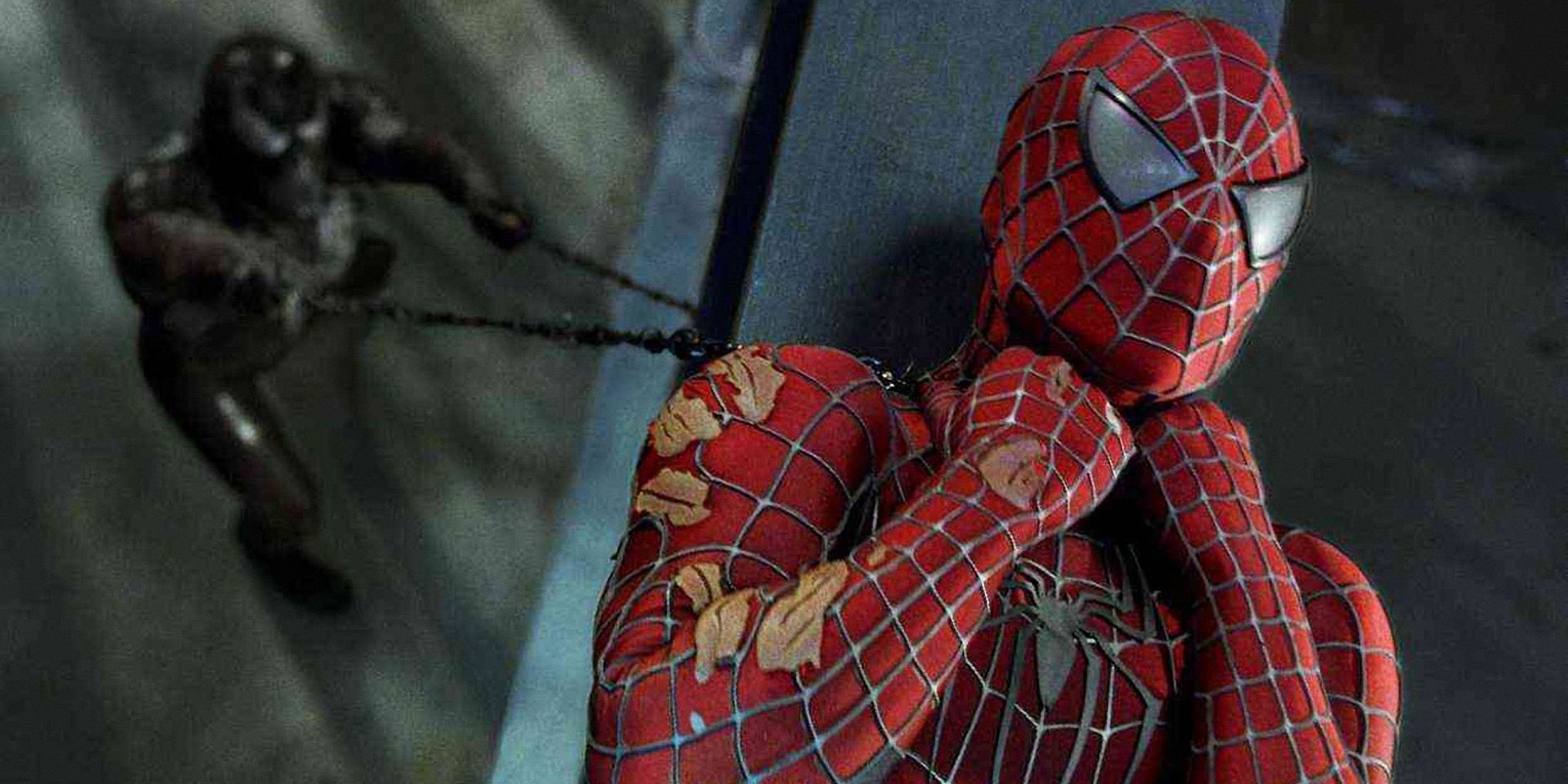
The most obvious flaw in Spider-Man 3 is its overstuffed plot. The old adage in comic book movies that too many villains spoil the broth originated with this threequel. Most superhero movies can get by with a primary villain and a secondary villain, but Spider-Man 3 has a trio of antagonists.
Raimi just wanted to include the Sandman and the Hobgoblin, but Avi Arad forced him to put Venom in the movie and that’s where the complications began.
8 Right: Raimi’s Vision
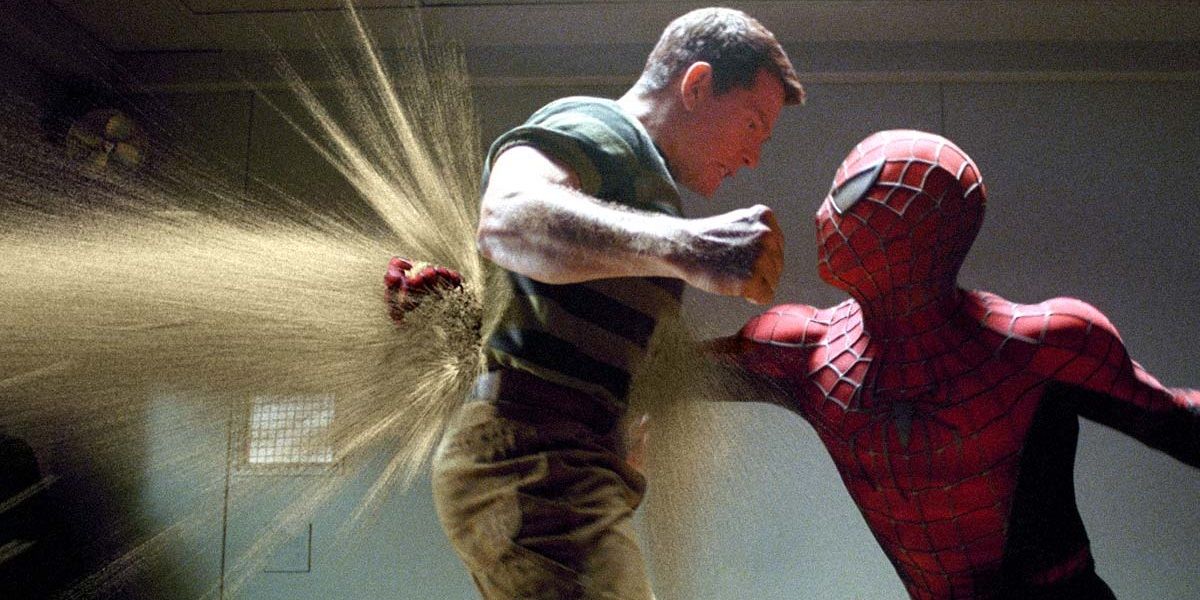
Despite the blatant studio interference in overstuffing the plot, Spider-Man 3 is still distinctly Sam Raimi’s movie. It’s not a corporate product pumped out by a studio attempting to appeal to as many moviegoers as possible.
Rather, it’s the work of a director with a unique vision and the capacity to realize that vision on a grand scale. Considering how badly big studio movies can turn out with too much micromanagement, there’s some merit in that.
7 Wrong: Everything About Venom
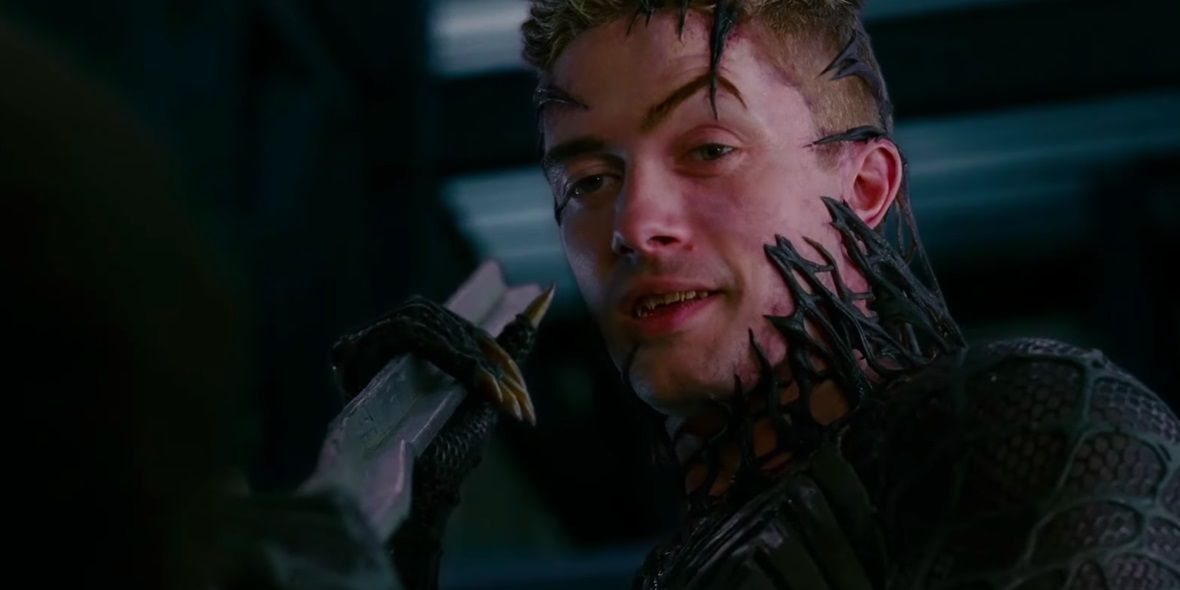
Venom is one of Spidey’s most iconic foes, and fans had wanted to see him in action on the big screen for years, but nothing about the character’s appearance in Spider-Man 3 works. Even Topher Grace thought he was the wrong casting choice for the character.
Avi Arad has taken the blame for Spider-Man 3’s botched incarnation of Venom. He also produced The Amazing Spider-Man 2. Apparently, Hollywood works on a three-strike basis, because Arad has screwed up two Spidey movies and continues to play a hand in the franchise.
6 Right: Making Flint Marko A Sympathetic Figure
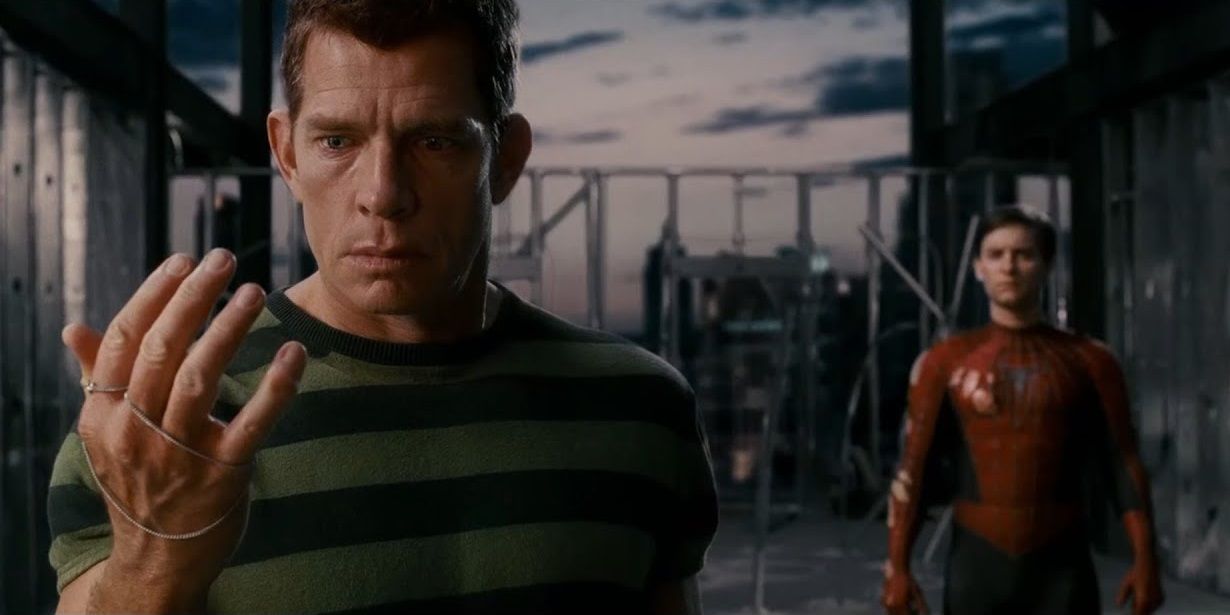
While the Sandman became kind of a laughingstock for his sand-based superpowers, there’s an underlying tragedy in Thomas Haden Church’s portrayal of Flint Marko that makes him surprisingly sympathetic. One would think that Uncle Ben’s killer would be the most hated character in the trilogy, but Marko’s remorse really resonates emotionally.
There’s something dramatically strong about a monster realizing they’re a monster. And the fact that he wants to pay for treatments for his daughter’s terminal illness makes his motivation totally understandable.
5 Wrong: Harry Osborn’s Disingenuous Character Development
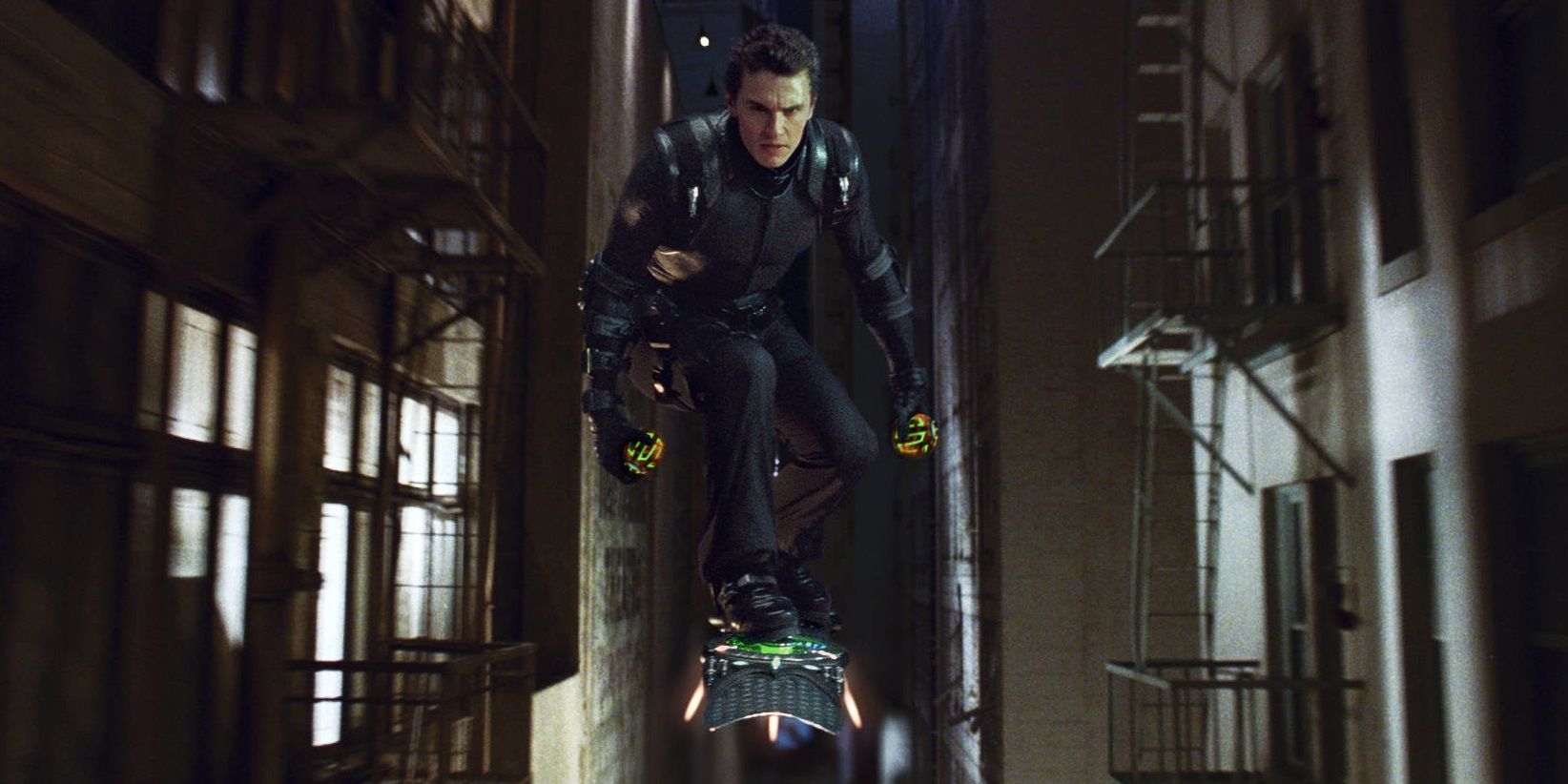
The death of Norman Osborn in the first Spider-Man movie ensured that his son Harry’s arc throughout the trilogy would be really weird and disjointed. He turns on his best friend for photographing Spider-Man, whom he thinks is his father’s killer, and later realizes his best friend is Spider-Man. In Spider-Man 3, Harry becomes the Hobgoblin and sets out to kill Peter, then gets amnesia and forgets the whole thing, which is like a plot point from a soap opera.
Eventually, his butler reveals that Spidey didn’t actually kill Norman and that his wounds were self-inflicted. Why did he hold onto that information for years while Harry tried to murder an innocent man? Harry’s development in the threequel feels entirely disingenuous.
4 Right: The Uncle Ben Subplot
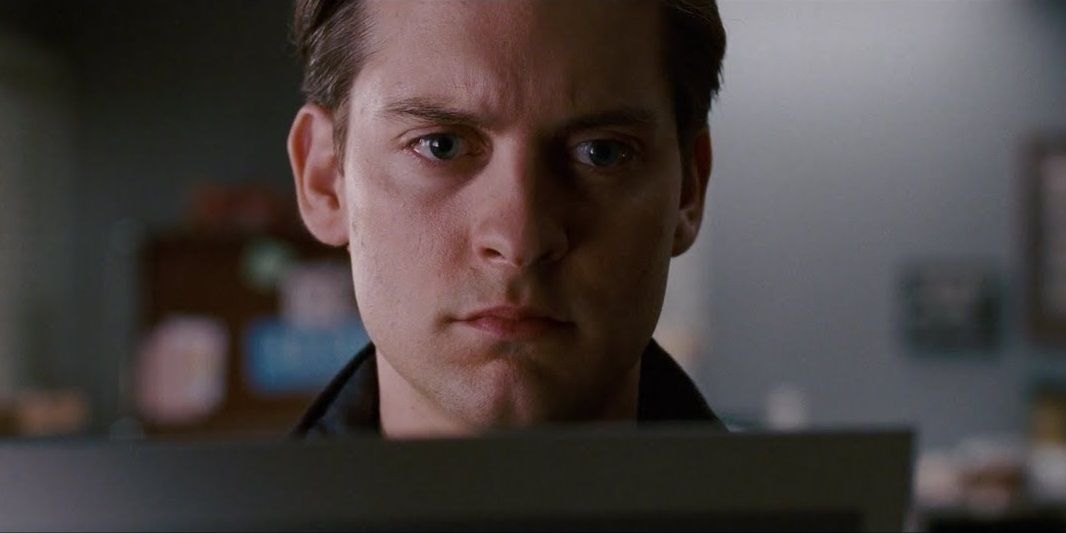
The case of Uncle Ben’s murder is reopened in Spider-Man 3, as Captain George Stacy calls Aunt May and Peter down to the police station to tell them that a second person was involved in Ben’s killing.
Not only does this create a personal connection between Peter and Flint Marko, but there’s also a thematic resonance in Peter realizing that he let the wrong man fall to his death.
3 Wrong: The Romantic Subplot
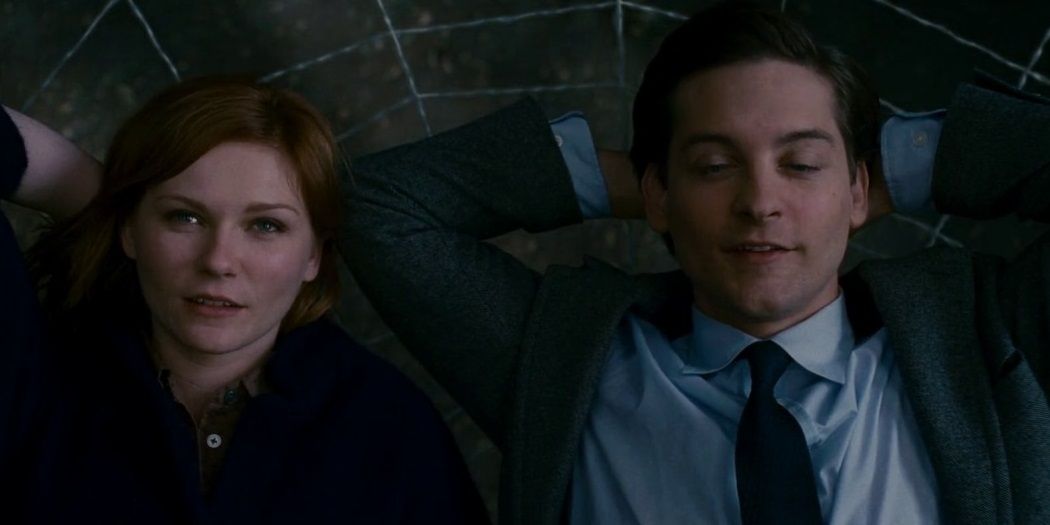
Peter and M.J.’s relationship is finally on track at the beginning of Spider-Man 3, but the romantic subplot quickly devolves into an unbearable slog.
From Peter very publicly cheating on M.J. with Gwen Stacy to M.J. rekindling her romance with a vulnerable, amnesiac Harry to Peter’s bungled proposal ripped straight from a generic rom-com, Spider-Man 3’s love story is an exercise in throwing everything at the wall and seeing what sticks — and none of it does.
2 Right: Christopher Young’s Score
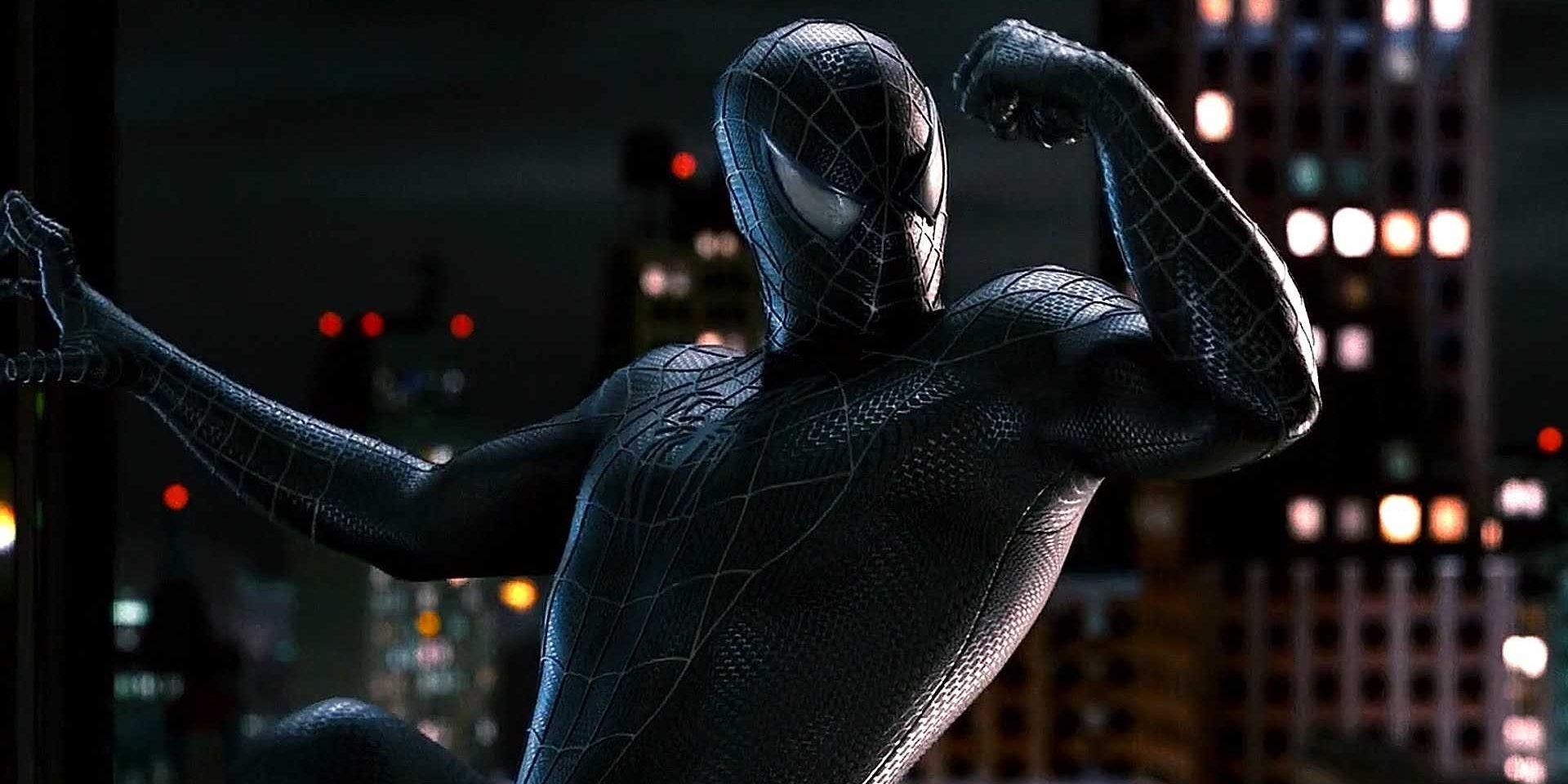
After his bad experiences working with Sam Raimi on Spider-Man 2, Danny Elfman decided not to compose the score for Spider-Man 3. So, Christopher Young was hired in his place. Young both matched the energy of Elfman’s previous scores and built on the music’s relationship with Raimi’s visual style.
While there are one too many villains in Spider-Man 3, the villains’ themes are among the best tracks in the score. The Sandman’s theme, in particular, captures the character’s tragic undertones.
1 Wrong: Peter’s Symbiote Storyline
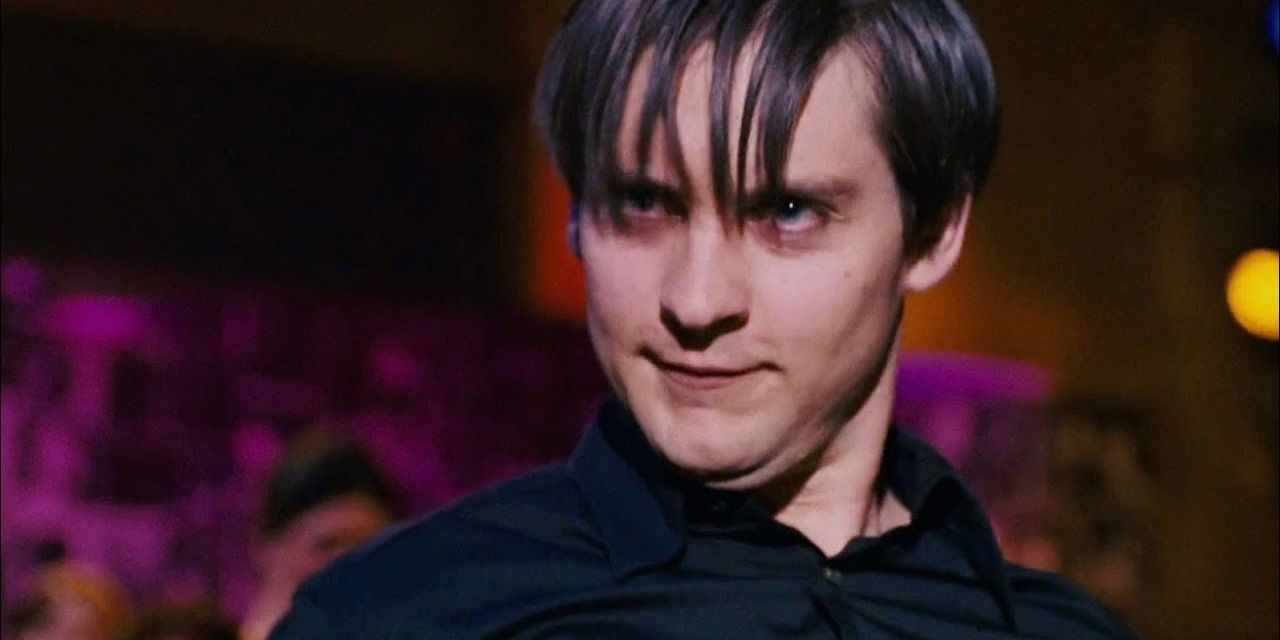
In the comics, Peter Parker is one of the only people pure enough to reject the allure of the symbiotes. In Spider-Man 3, that’s not the case. Symbiotes bond with Peter, turning his Spidey suit black and his personality into an abrasive jerk.
The emo Peter in Spider-Man 3 is just the worst, from his cringeworthy dancing to the line “Now, dig on this,” and it ruins the whole movie.
https://ift.tt/3coZruE
Comments